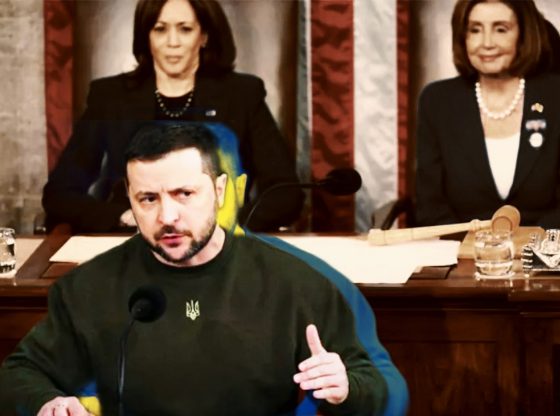While James Bond fans worldwide know he has a license to kill, do all British foreign spooks have that authority? Well, in fact, the UK’s Secret Intelligence Service (SIS) — AKA: MI-6, is again providing its overseas operatives the so-called license to use lethal force.
Not used since 1961, when MI-6 deputy director George Young ordered a killing in Iran, now, after a 60-year hiatus, the ‘license to kill’ has apparently been renewed.
In August, British Defense minister Annabel Goldie revealed that British secret agents can now eliminate Britain’s enemies in countries other than warzones, reported the Daily Record.
Goldie was asked whether British spooks target foes “located in non-belligerent states.” The Baroness, responsible for arms control, replied: “The Government may draw on a wide range of tools including, in extremis, the use of lethal force where there is no other effective option.”
The license renewal was apparently linked to concerns about the legal liability of British MI-5 and MI-6 officers passing information on British passport-holding terrorist jihadists to the CIA for later targeting by drone strikes.
Still, even for would-be British 007s, paperwork is required.
MI6 agents can only use that license under Section 7 of the 1994 Intelligence Services Act, and they need a written ‘Clause Seven Authorisation’ from the Foreign Secretary before they can take out any of Britain’s enemies.
That official written authorization, similar to a ‘Presidential Finding’ provided to Congress to authorize certain covert CIA missions, protects them from being charged with murder when they return home.
The authorization is not limited to killing though, it allows British operatives overseas to break any law without fear of prosecution in the UK.
However, even then, problems do arise.
As noted by The Guardian:
MI6 failed to make clear to the foreign secretary that a “high risk agent” operating overseas had probably engaged in “serious criminality” until it was pointed out by an independent regulator last year.
The spy agency was asking the minister … to renew authorisation of the agent’s activities despite the apparent criminality without being “expressly clear” as to what had happened.
Six months previously the agent, likely to be an undercover informant, had been sent some “red lines” by MI6. The agent was told if they were breached, it would “result in the termination” of the informant’s relationship with the spy agency.
But when renewal of the agent’s authorisation was sought from the foreign secretary, MI6 “did not make expressly clear” that the “‘red lines’ had probably been crossed” – until the ambiguity was noted by the Investigatory Powers Commissioner (Ipco).
What that ‘serious criminality’ entailed, and why it would be different from approved law-breaking under the ‘Clause Seven Authorisation’ is unclear.
But it appears that even James Bonds with a ‘license to kill’ have to follow some rules while serving Queen and Country.
The opinions expressed by columnists are their own and do not necessarily represent the views of AmericanActionNews.com.














